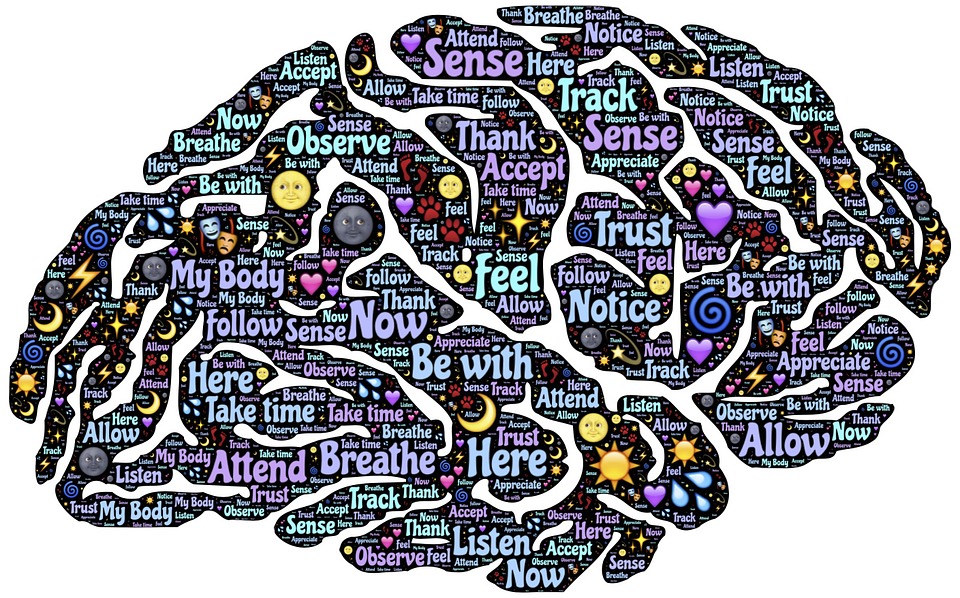Probiotics have become a popular health supplement in recent years, thanks to their numerous benefits for digestive and immune health. However, it’s important to be aware of the potential side effects of probiotics as well. Here are five possible side effects you may experience when taking probiotics.
1. Digestive Issues
One of the most common side effects of probiotics is digestive discomfort. Some people experience bloating, gas, and diarrhea when they first start taking probiotics. This is because the probiotics are changing the balance of bacteria in your gut, which can lead to digestive issues.
However, these symptoms usually go away on their own after a few days. If they persist, you may need to adjust the dose of your probiotic supplement or switch to a different strain. It’s always a good idea to talk to your doctor before starting a new supplement, especially if you have a history of digestive issues.
2. Allergic Reactions
Allergic reactions to probiotics are rare, but they can occur. Some people may experience itching, hives, or difficulty breathing after taking a probiotic supplement. If you experience any of these symptoms, stop taking the probiotic immediately and seek medical attention.
3. Interactions with Medications
Probiotics can interact with certain medications, such as antibiotics and immunosuppressants. Antibiotics can kill off the good bacteria in your gut along with the bad, which can reduce the effectiveness of your probiotic supplement. If you’re taking antibiotics, it’s a good idea to wait a few hours after taking them to take your probiotic.
Immunosuppressants, on the other hand, can weaken your immune system, which can reduce the effectiveness of probiotics. If you’re taking immunosuppressants, talk to your doctor before starting a probiotic supplement.
4. Overgrowth of Harmful Bacteria
In rare cases, taking probiotics can lead to an overgrowth of harmful bacteria in the gut. This can cause serious health problems, such as infections and sepsis. It’s important to choose a high-quality probiotic supplement and to talk to your doctor before starting a new supplement, especially if you have a weakened immune system or a history of infections.
5. Vitamin and Mineral Deficiencies
Finally, probiotics can sometimes interfere with the absorption of certain vitamins and minerals, such as vitamin B12 and calcium. This is because probiotics can alter the balance of bacteria in your gut, which can affect how your body absorbs nutrients. If you’re concerned about nutrient deficiencies, talk to your doctor about taking a multivitamin or mineral supplement along with your probiotic.
In conclusion, probiotics are generally safe and well-tolerated, but it’s important to be aware of the potential side effects. If you experience any of these side effects, stop taking the probiotic and talk to your doctor. To minimize the risk of side effects, choose a high-quality probiotic supplement and talk to your doctor before starting a new supplement.







